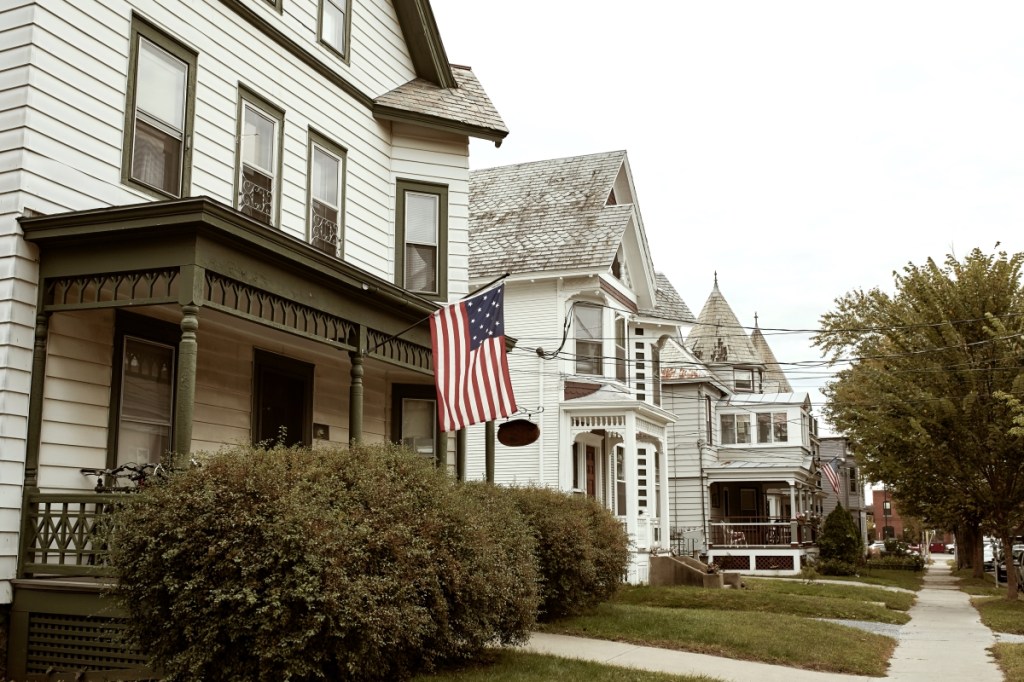Homebuilder confidence remained unchanged in the latest National Association of Home Builders (NAHB) and Wells Fargo Housing Market Index (HMI) report, holding steady at 83 for newly built single-family homes in May.
The index gauging current sales conditions also remained unchanged at 88, as did the component measuring sales expectations in the next six months, at 81. The gauge charting traffic of prospective buyers fell one point, to 73.
Regionally, homebuilder confidence in the South rose one point to 84, while the West remained unchanged at 90. The Northeast and Midwest both saw significant drops of four and three points, respectively, to 82 and 75.
Overall, homebuilder confidence in the market remains strong due to a lack of resale inventory, low mortgage interest rates and what NAHB Chairman Chuck Fowke called “a growing demographic of prospective home buyers” — even as younger homebuyers struggle to compete in a hot market.
“First-time and first-generation homebuyers are particularly at risk for losing a purchase due to cost hikes associated with increasingly scarce material availability,” Fowke said. “Policymakers must take note and find ways to increase production of domestic building materials — including umber and steel — and suspend tariffs on imports of construction materials.”
Navigating appraisal challenges in today’s housing market
HousingWire recently spoke with PCV Murcor Founder, President and CEO Keith Murray, and COO Cindy Nasser on how the appraisal process can be streamlined in today’s tight housing market.
Presented by: PCV Murcor
High prices won’t be going away any time soon, either.
Dietz cautioned that homebuyers should expect house prices to continue rising in 2021 as homebuilder materials, land, and labor costs also tick up in cost. Lumber prices have tripled over the past 12 months, and alone are causing the price of the average new single-family home to increase by $35,872. Beams, joists, headers, rafters and trusses, sheathing, flooring and underlayment, interior wall, and ceiling finishing are also taken into account when totaling the costs of a new home, the NAHB said.
To illustrate how lumber prices are crippling the average homebuilder, the price of framing lumber at the beginning of May was nearly $1,500 per thousand board feet. That’s up more than 250% since April 2020, when lumber prices were roughly $350 per thousand board feet.
“In recent months, aggregate residential construction material costs were up 12% year over year, and our surveys suggest those costs are rising further,” Dietz said. “Some builders are slowing sales to manage their own supply chains, which means growing affordability challenges for a market in critical need of more inventory.”






